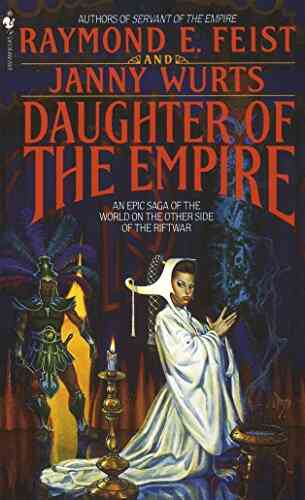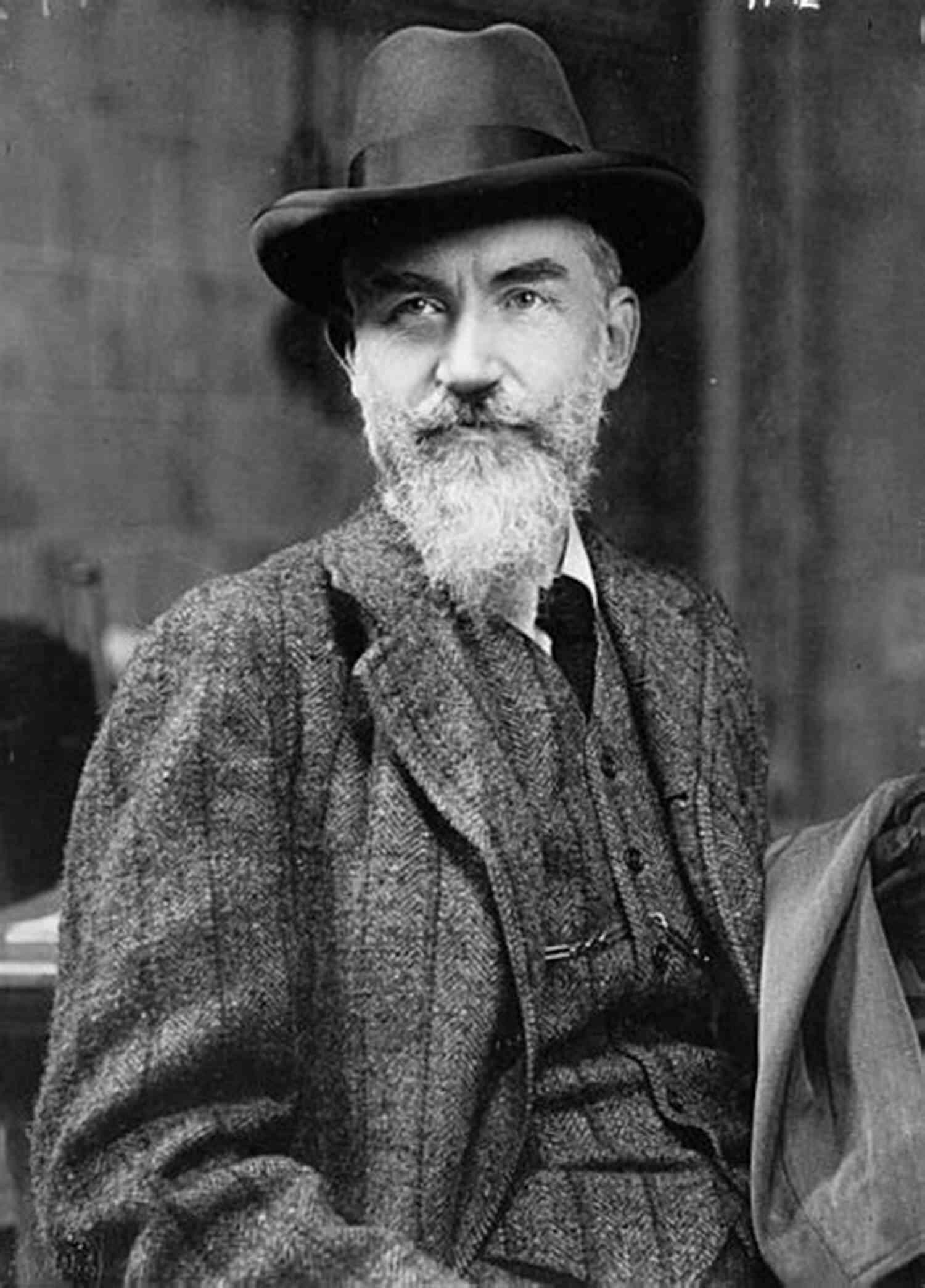
George Bernard Shaw, a name synonymous with brilliance in the world of literature and drama, has left an indelible mark on the theatrical landscape. His unconventional approach to writing and his sharp wit set him apart, allowing him to challenge societal norms and provoke thought through his thought-provoking plays.
The Early Years and Influence
Born on July 26, 1856, in Dublin, Ireland, George Bernard Shaw had a rather humble upbringing. His father worked as a corn merchant, and his mother was a professional singer. Despite their modest circumstances, Shaw's parents valued education and encouraged his intellectual pursuits.
Shaw briefly attended school but found traditional education to be uninspiring. However, his thirst for knowledge led him to spend hours at the National Library of Ireland, where he immersed himself in a vast array of texts. It was during this time that Shaw's love for literature began to flourish.
4.1 out of 5
| Language | : | English |
| File size | : | 1612 KB |
| Text-to-Speech | : | Enabled |
| Screen Reader | : | Supported |
| Enhanced typesetting | : | Enabled |
| Print length | : | 104 pages |
| Lending | : | Enabled |
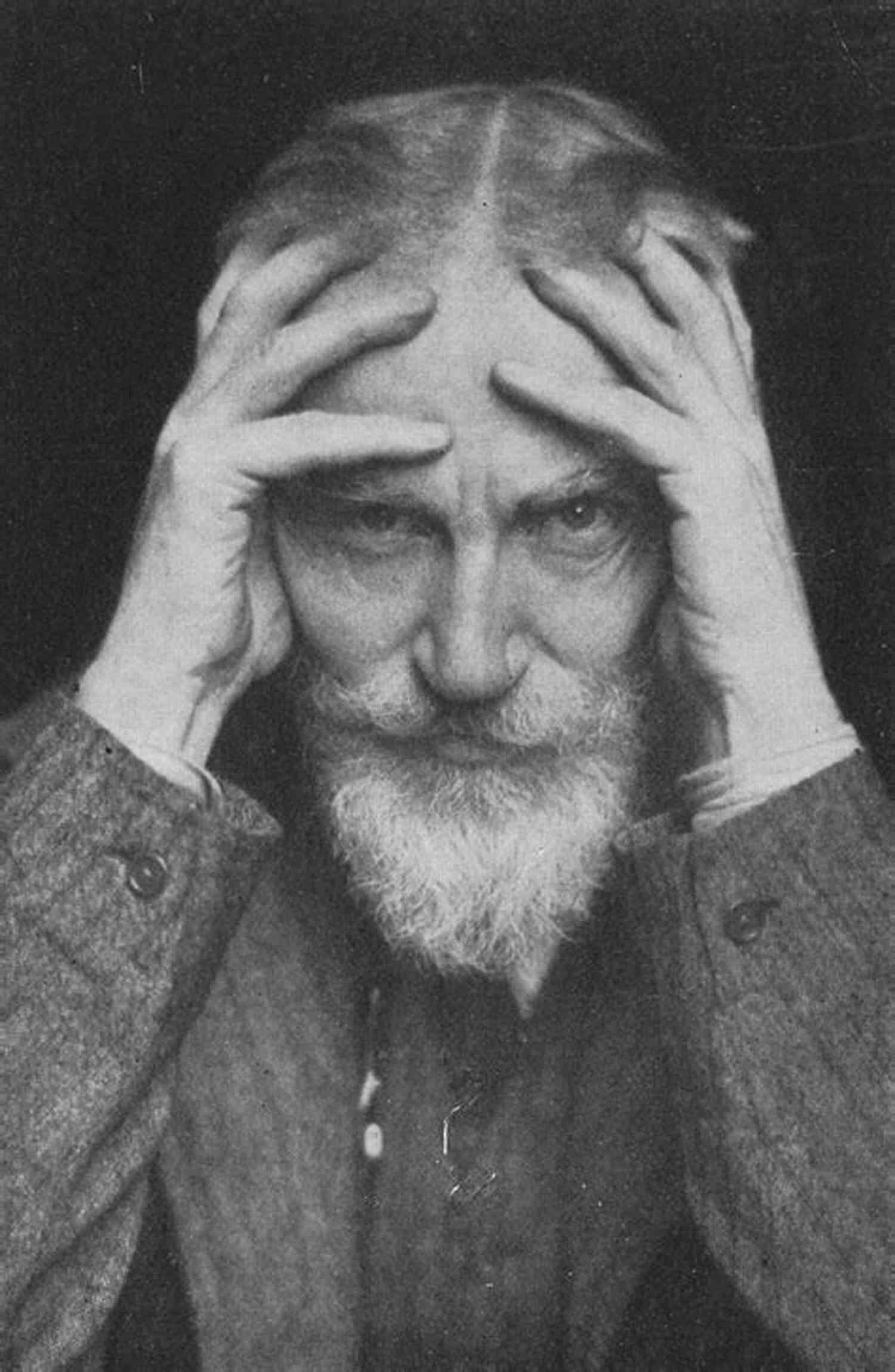
Shaw's early exposure to the arts, particularly music and theater, shaped his artistic sensibilities. He frequently attended performances at the Dublin Gaiety Theatre, absorbing every aspect of the productions. These experiences would prove instrumental in molding his future endeavors.
The Renaissance Man
Shaw's vast knowledge and insatiable curiosity were not limited to literature and the arts alone. He immersed himself in various subjects, ranging from politics to philosophy. This diverse range of interests greatly influenced his writing, which often tackled complex social and political issues.
One of Shaw's most notable works, "Pygmalion," exemplifies his multifaceted approach to storytelling. Through the character of Eliza Doolittle, a flower seller who undergoes a transformation at the hands of phonetics professor Henry Higgins, Shaw delves into themes of class, identity, and language. The play, later adapted into the famous musical "My Fair Lady," continues to captivate audiences worldwide.
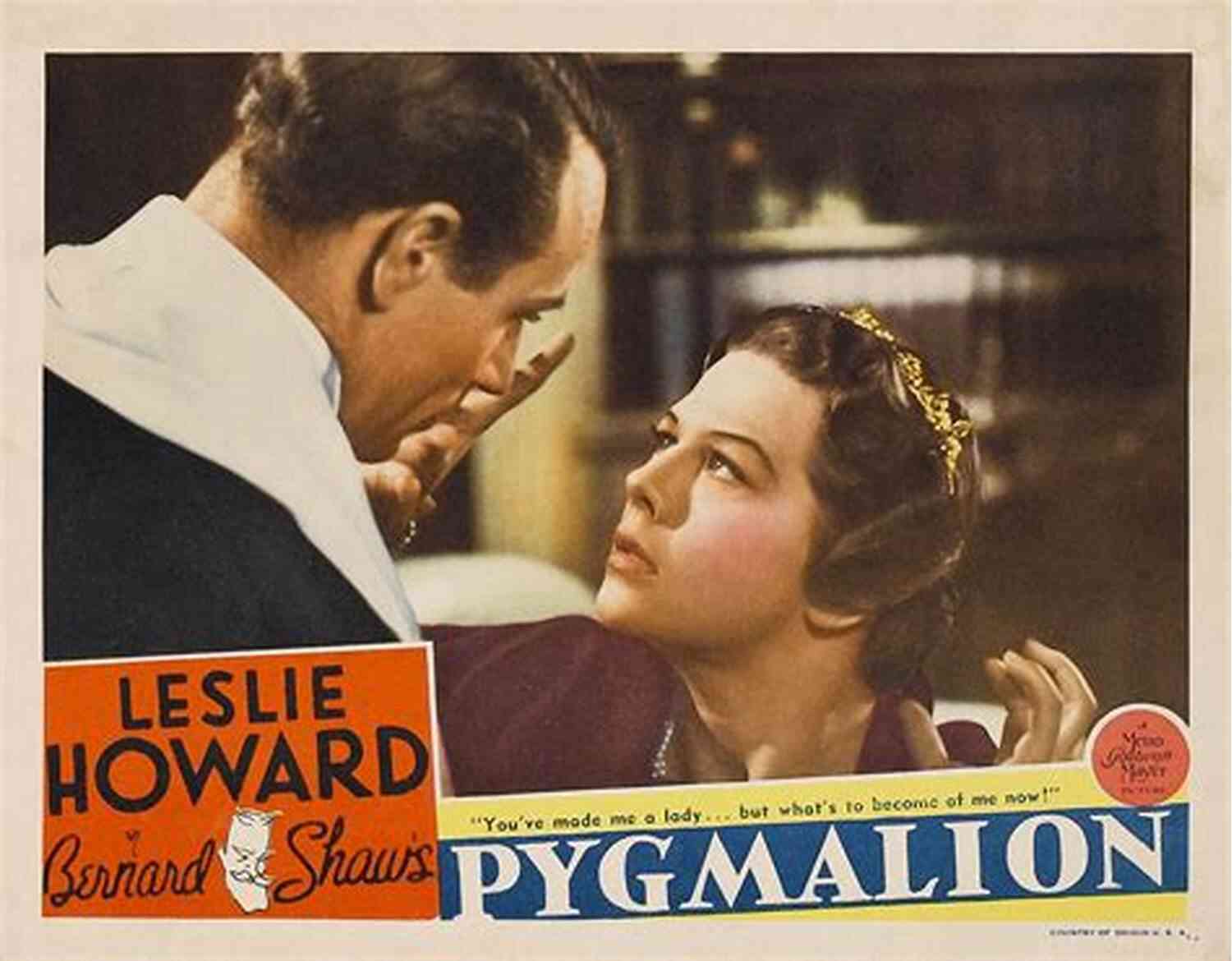
Shaw's unique writing style, characterized by sharp dialogue and biting satire, earned him praise and criticism in equal measure. Critics often found his work controversial, with some accusing him of being too outspoken and disruptive. However, Shaw's unparalleled ability to deliver powerful social commentary with comedic flair proved to be his trademark.
A Legacy of Brilliance
George Bernard Shaw was not only a prolific playwright but also a dedicated advocate for various causes, including women's suffrage, socialism, and animal rights. His strong convictions often found expression in his plays, prompting audiences to think critically about societal norms and the need for change.
Shaw's impact on the literary world is immeasurable, and his works continue to be performed and studied worldwide. The Nobel Prize in Literature, awarded to Shaw in 1925, solidified his status as one of the greatest playwrights of all time.
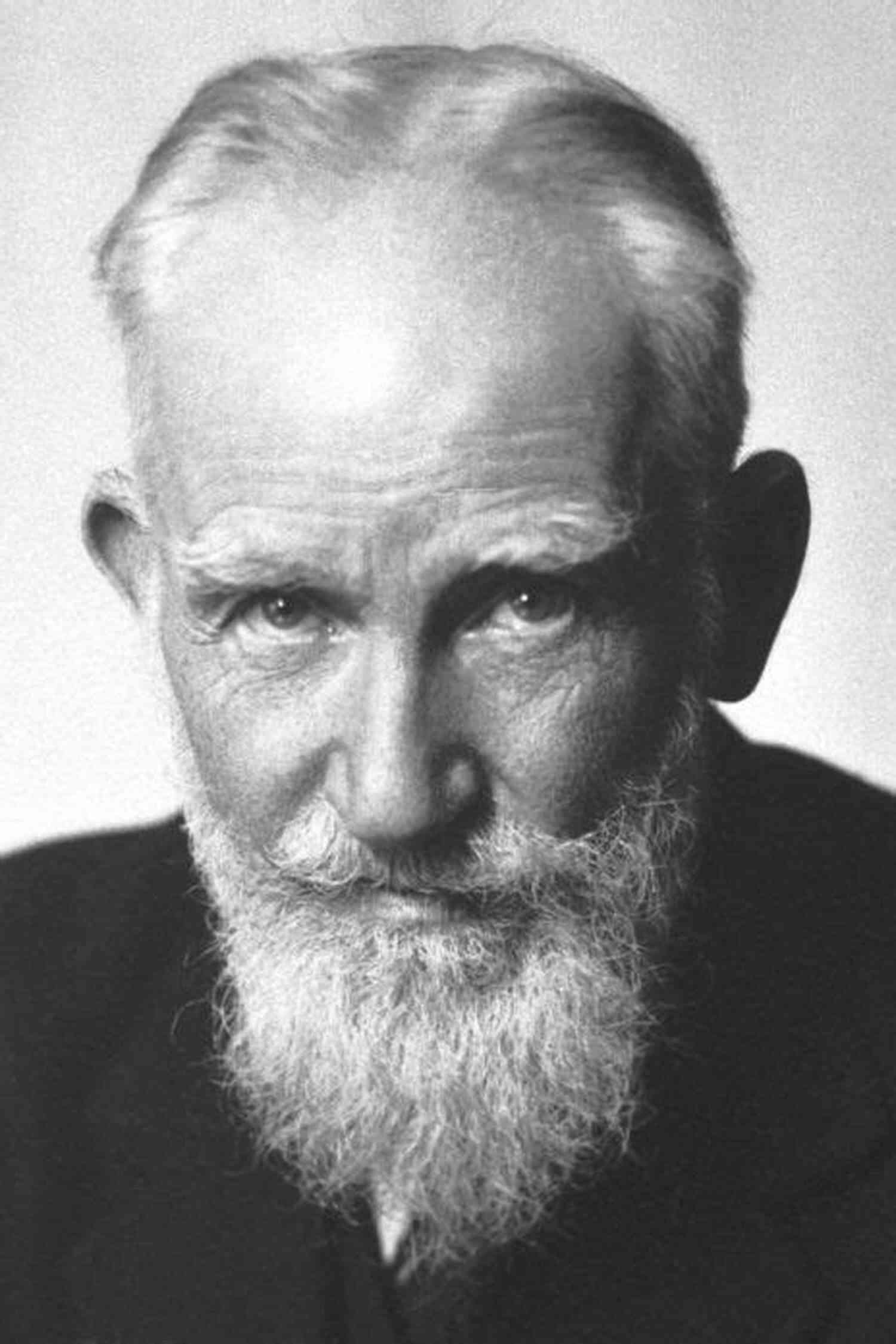
Shaw's legacy transcends his own lifetime, as his plays continue to resonate with audiences of all generations. His ability to challenge the status quo and provoke thought through his works ensures that he remains a figurehead in the history of theater.
A Final Thought
George Bernard Shaw's immense contributions to the world of literature and drama cannot be overstated. His unconventional approach to storytelling, coupled with his sharp wit, allowed him to usher in a new era of theater that continues to captivate and inspire to this day. As we celebrate his life and works, let us testify to the enduring brilliance of George Bernard Shaw.








































